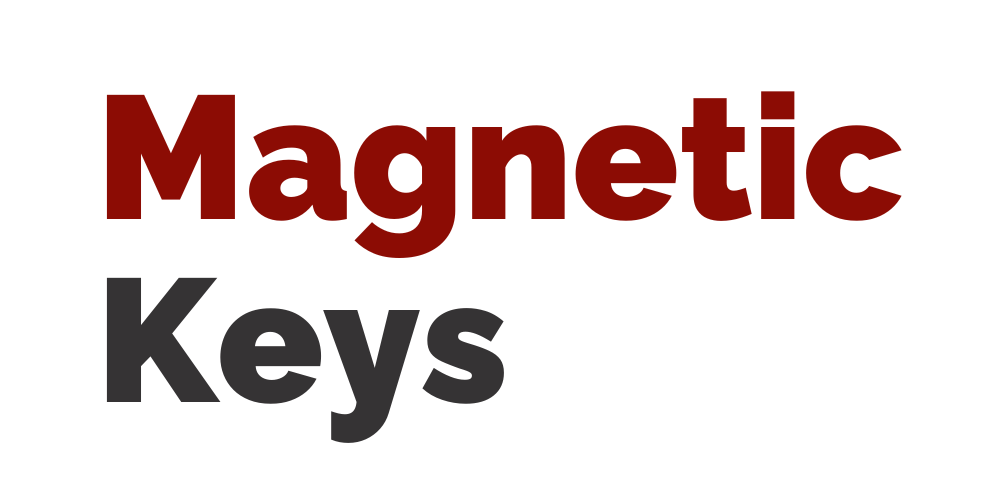Astra Tech has truly made a significant revolution in the financial market of the MENA (Middle East and North Africa) region through its fresh launch of the “Send Now, Pay Later” (SNPL) service using Botim UltraApp. They have become the first of its kind to offer this service in the MENA region. This has resulted in setting a new bar for remittance services, which offers more inclusive financial stability and flexibility to expatriates during time of monetary crisis. This decision of Astra Tech not only amplifies their commitment to emphasize technology-advanced solutions but also showcases their dedication to empowering communities across the MENA region.
Financial Flexibility for Expatriates
The main idea for offering the SNPL service is to cater to the need for financial flexibility of the expatriates who belong to a large segment of the UAE’s workforce, as they are one of the main contributors to the foreign exchange earnings of the UAE. This service resolves a critical issue faced by most expats who were struggling to send money to support their families in the financially tight period, which usually occurs at the end of the month. Using the SNPL service, users can send money across borders instantly, which they can pay later in the form of instalments for the transaction they have made using SNPL.
The CEO of Astra Tech, Abdallah Abu-Sheikh, also highlighted how SNPL is dimming the barriers for those who are experiencing short-term financial crises by providing them the solution to complete their transactions without any further delays.
A Remarkable Leap in MENA’s Fintech Advancement
The fintech development has crossed a big milestone when Astra Tech introduced the SNPL service for the users in the MENA region. They are utilising the advanced credit system, and the use of Botim UltraApp also contributed to the much easier, faster, and widely accessible remittance services. The mission of Astra Tech for which they are continuously working is to resolve the financial challenges that occur in the real lives of the users that are overlooked by most of the financial institutions. The innovations that the company is leveraging in its fintech domain are playing a crucial role in fulfilling the needs of the communities by providing access to financial services whenever they need them the most.
The main source of income for the people living in developing countries, remittances, are now easily accessible, for which the credit goes to the Astra Tech innovative fintech approach. The SNPL service is allowing users to make transactions seamlessly by making sure that financial support reaches those who are relying on it, irrespective of the immediate cash flow of the sender.
Ensuring Convenience
The convenience that Astra Tech is providing by the “Send Now, Pay Later” service is holding a huge strength. No matter if it’s in a natural calamity, any personal emergency, or any real-life situation where a quick financial transaction is required, the SNPL service ensures an invaluable tool for the expatriates. It is just not offering the flexibility but also the convenience whenever any urgent remittance is required but the funds aren’t available.
Astra Tech is definitely building a financial safety net for expatriates by ensuring their financial support to their families even in the difficult times, just by the use of SNPL, as it allows users to defer the payments and send the money instantly.
Conclusion
Astra Tech has achieved a significantly high position in the fintech domain of the MENA region by launching the SNPL service. This new innovation reflects that the company is dedicated to enhancing the lives of its users by providing them with financial flexibility and security at their convenience. As the company continues its efforts to push the fintech boundaries, it is helping to build a future where financial services are smarter, more efficient, and more widely accessible.
In the MENA region, SNPL is not just a remittance tool but a lifeline that provides financial safety and peace of mind to the expatriates when they need it the most.








